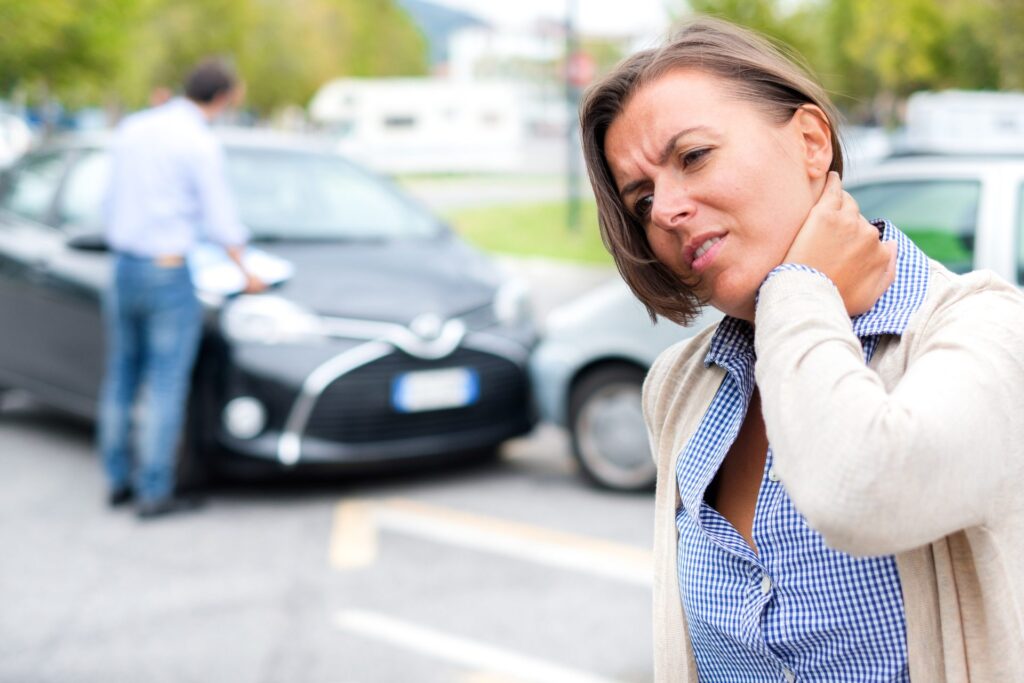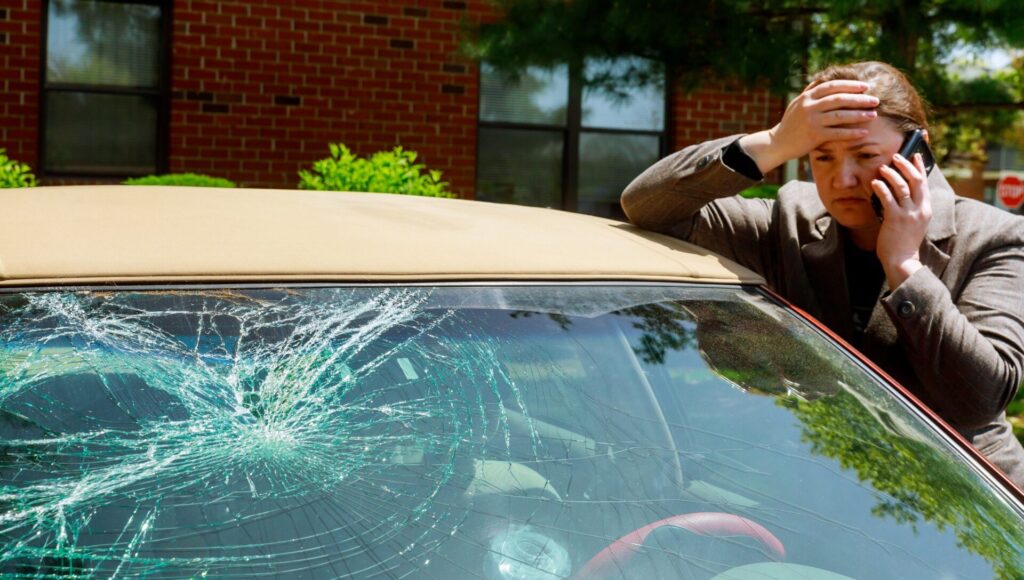Everyone should understand that juveniles, kids, anyone under the age of 18, have the same rights as an adult in criminal matters. Sometimes more.
The Problem With Letting Your Kids Talk to the Police
I recently got a call from a client whose son was suspected of vandalism. My clients are very nice people from a good family. They’re friendly with the local police. The police have helped them in the past with their other children. The Officer said, “Hey, can you bring your son down to the station so we can talk to him about this case?” They’re trusting the police. They’re trusting that nothing’s happened. They don’t believe their kid has actually done anything. They go down to the station. They’re trying to be good parents and have their kids talk to the police. Unfortunately, during the interview, the kid admits to doing the vandalism. He was charged and has to go to court.
Unfortunately, this is an occurrence that I see far too often. Parents who want to be good parents. They teach their kids to do the right thing. To tell the truth and be respectful to the police. Unfortunately, many times they’re allowing their kids’ rights to either be violated. When the police are asking to speak with you, you can politely decline and ask to speak with an attorney. The same applies to your children. Juveniles have the same rights as adults when it comes to criminal matters. Even more rights in many circumstances. Neither you nor your child will be penalized for exercising those rights.
Police Need to Involve You Before They Can Question Your Kid
Before the police get to question your kid, they actually need to involve you. You need to consult with your child about whether they should or should not talk to the police. Whether they should waive their Miranda rights. Unfortunately, parents are trying to be good parents. They’re not thinking like a criminal defense lawyer. I get it, we have two different roles. But I want people to understand that we want to protect your children’s rights for the future. We don’t want criminal charges to keep them from getting into college or getting the jobs they want in the future. We want to make sure their record stays clean.
Just Say “No” (Politely)
If the police are calling and saying, “Hey, I want to talk to little Joey about an incident that happened down here,” you really need to say, “Sorry, I’m not bringing him down. We don’t want Joey to speak with you. We’re going to call our lawyer.” Then hang up that phone and call your lawyer to get some advice. You don’t want your child making a statement that’s going to hurt them with regard to that charge or their future.
If you have any questions, please feel free to give me a call or shoot me an email.






